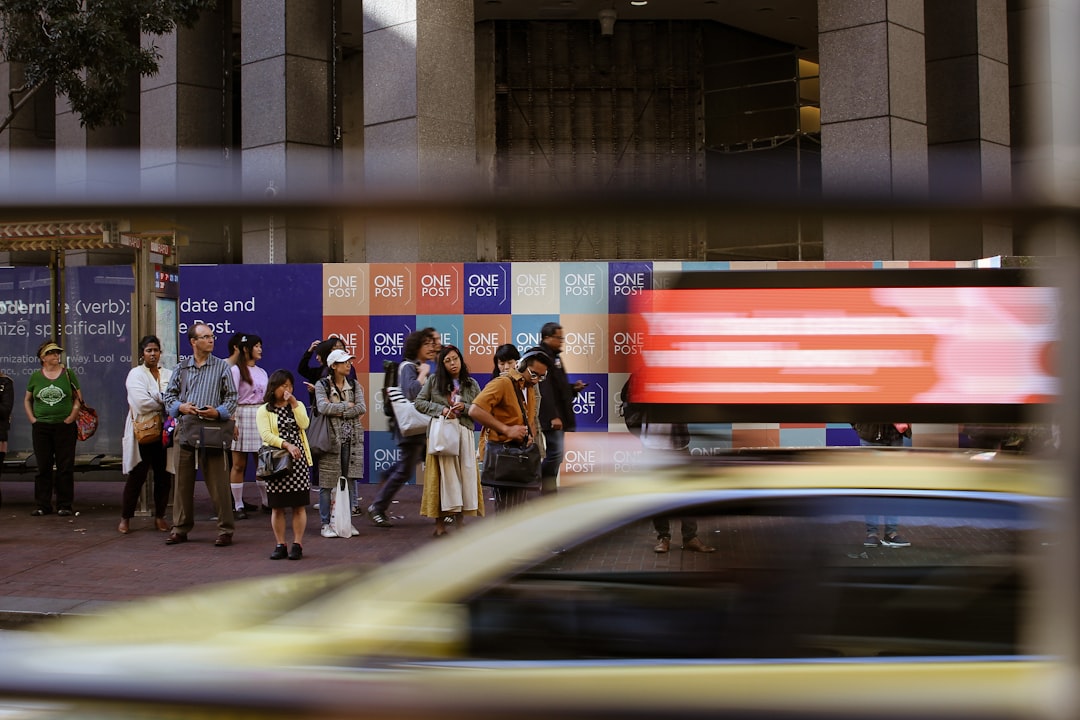What is it about?
The purpose of this paper is to focus on the corporate response of Chinese railway companies after the deadly Wenzhou train accident in China which happened on July 23, 2011. Few studies on corporate social responsibility (CSR) in developing countries have looked into whether the information disclosed by companies is satisfactory with sufficient response after a major incident has happened.
Featured Image
Why is it important?
The findings show that disclosure of information related to the “7.23” incident was very low or almost inexistent in the observed companies. For those that claimed that they had followed CSR reporting standards and guidelines, the disclosed information appeared to be insufficient to reveal practical information and fulfill stakeholders’ requirements. The study also sheds light on the corporate reporting behaviors of Chinese state-owned enterprises by applying legitimacy, stakeholder and institutional theories to the unique social and political environment in the country.
Perspectives
This paper critically reveals the poor corporate response after the “7.23” incident in Chinese railway companies. The case serves as an example for the companies to ponder on what improvements are called for in terms of social reporting and relevant corporate actions after a major accident. Also, the study contributes to the CSR disclosure literature concerning developing countries by examining the case of China and the little studied railway industry run by the state.
Dr Tiffany C. H. Leung
Hong Kong Polytechnic University
Read the Original
This page is a summary of: Corporate social responsibility disclosure in Chinese railway companies, Sustainability Accounting Management and Policy Journal, November 2015, Emerald,
DOI: 10.1108/sampj-09-2014-0057.
You can read the full text:
Resources
Contributors
The following have contributed to this page










